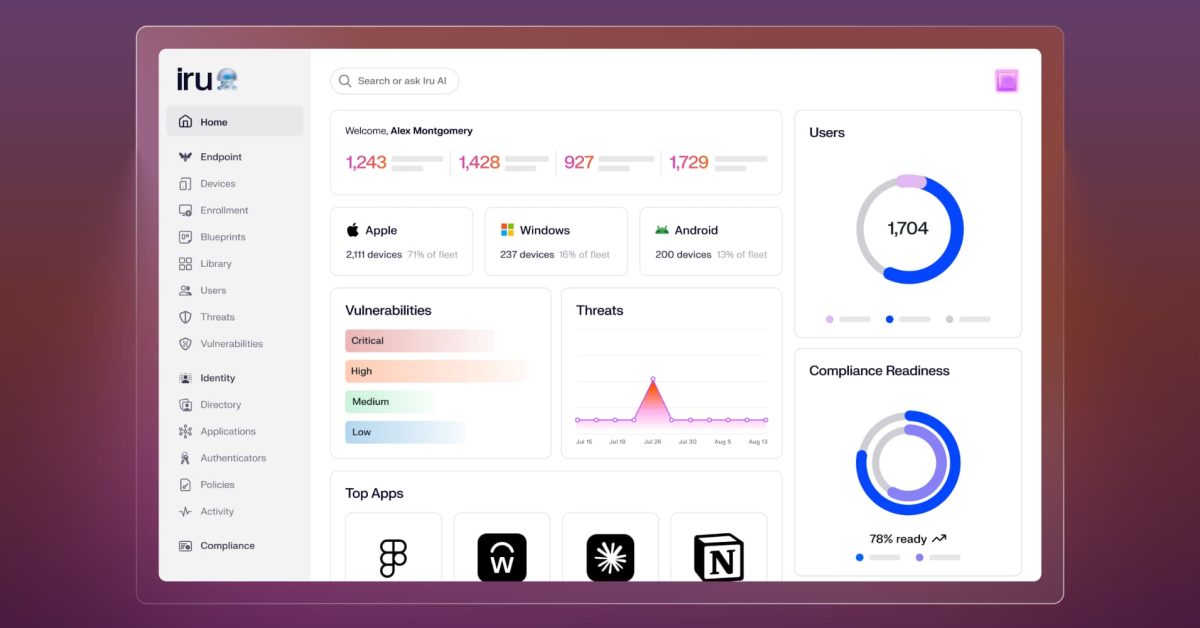
when a scammer calls you they likely Recent revelations indicate that many phone scams targeting U.S. citizens are fueled by criminal organizations purchasing personal data from data brokers.
when a scammer calls you they likely
Overview of Phone Scams
Phone scams have evolved significantly over the years. Initially, these scams relied on random number dialing, where scammers would call numerous numbers in hopes of reaching a potential victim. However, with advancements in technology and the proliferation of personal data online, the landscape of phone scams has shifted dramatically. Today, scammers are more sophisticated, often employing targeted strategies that increase their chances of success.
The Role of Data Brokers
At the heart of this transformation are data brokers—companies that collect, analyze, and sell personal information. These entities gather data from various sources, including public records, social media, and online transactions. The information they compile can include everything from phone numbers to addresses, purchasing habits, and even social connections.
How Data Brokers Operate
Data brokers operate in a largely unregulated environment, which allows them to thrive. They aggregate vast amounts of information and then sell it to third parties, including marketers, advertisers, and, unfortunately, criminals. The process is often opaque, making it difficult for consumers to understand how their data is being used or to whom it is being sold.
Types of Data Sold
Data brokers sell various types of information, including:
- Contact Information: Phone numbers, email addresses, and physical addresses.
- Demographic Data: Age, gender, income level, and marital status.
- Behavioral Data: Online browsing habits, purchasing history, and interests.
- Social Connections: Information about friends and family, often derived from social media.
Criminal Exploitation of Data
The Department of Homeland Security (DHS) recently reported that Chinese criminal gangs have generated over $1 billion from scams targeting U.S. phone numbers. This staggering figure underscores the scale and sophistication of these operations. By purchasing personal data from brokers, these gangs can create highly targeted campaigns that exploit specific vulnerabilities.
Targeting Victims
Once scammers acquire personal data, they can tailor their approaches to maximize their chances of success. For example, they may use information about a victim’s recent purchases to craft convincing narratives. If a scammer knows that a victim recently bought a new phone, they might pose as a representative from the phone company, claiming there is an issue that needs urgent attention.
Common Scams
Some of the most prevalent types of phone scams include:
- Impersonation Scams: Scammers pose as government officials, tech support, or representatives from well-known companies.
- Prize Scams: Victims are told they have won a prize but must pay a fee to claim it.
- Investment Scams: Promises of high returns on investments that are often too good to be true.
- Romance Scams: Scammers build relationships online and then ask for money, often claiming to be in a crisis.
Impact on Victims
The consequences of falling victim to these scams can be severe. Financial losses can range from small amounts to life-altering sums. Beyond the financial implications, victims often experience emotional distress and a loss of trust in others. The psychological impact can linger long after the scam has occurred, leading to anxiety and fear of future interactions.
Case Studies
Numerous individuals have shared their experiences with phone scams, highlighting the emotional and financial toll. For instance, one victim reported losing over $10,000 to a scammer who posed as a tech support agent. The victim, initially seeking help for a computer issue, was manipulated into providing sensitive information, which the scammer then exploited.
Regulatory Challenges
The rise of phone scams and the role of data brokers have prompted calls for regulatory action. However, the landscape is complicated by the lack of comprehensive data protection laws in the United States. While some states have enacted their own regulations, there is no federal framework that effectively addresses the practices of data brokers.
Current Legislative Efforts
Legislators are beginning to recognize the need for reform. Proposed bills aim to increase transparency in data broker practices, allowing consumers to know what information is being collected and how it is being used. Additionally, there are discussions about implementing stricter penalties for companies that fail to protect consumer data.
Consumer Awareness and Protection
In the absence of robust regulations, consumer awareness is crucial. Individuals can take proactive steps to protect themselves from phone scams:
- Do Not Share Personal Information: Be cautious about sharing personal details over the phone, especially with unknown callers.
- Verify Caller Identity: If you receive a suspicious call, hang up and contact the organization directly using a verified number.
- Utilize Call Blocking Features: Many smartphones and carriers offer features to block unwanted calls.
- Report Scams: Reporting scams to authorities can help track and combat these criminal activities.
The Future of Phone Scams
As technology continues to evolve, so too will the tactics employed by scammers. The rise of artificial intelligence and machine learning could lead to even more sophisticated scams, making it imperative for consumers to remain vigilant. Additionally, as data brokers continue to operate with minimal oversight, the potential for misuse of personal information remains high.
Technological Solutions
In response to the growing threat of phone scams, technology companies are developing solutions to help combat these issues. Innovations in caller ID verification, for instance, aim to reduce the number of fraudulent calls that reach consumers. Furthermore, machine learning algorithms are being employed to identify patterns in scam calls, enabling quicker responses from law enforcement.
Community Initiatives
Community organizations are also stepping up to educate the public about phone scams. Workshops and informational campaigns aim to equip individuals with the knowledge they need to recognize and avoid scams. By fostering a culture of awareness, communities can work together to reduce the impact of these criminal activities.
Conclusion
The alarming rise of phone scams, particularly those perpetrated by organized crime, highlights the urgent need for both regulatory reform and consumer education. As criminals increasingly rely on purchased personal data to target victims, it is essential for individuals to remain informed and vigilant. By understanding the tactics used by scammers and advocating for stronger protections, consumers can help mitigate the risks associated with phone scams.
Source: Original report
Was this helpful?
Last Modified: October 23, 2025 at 11:38 am
4 views















